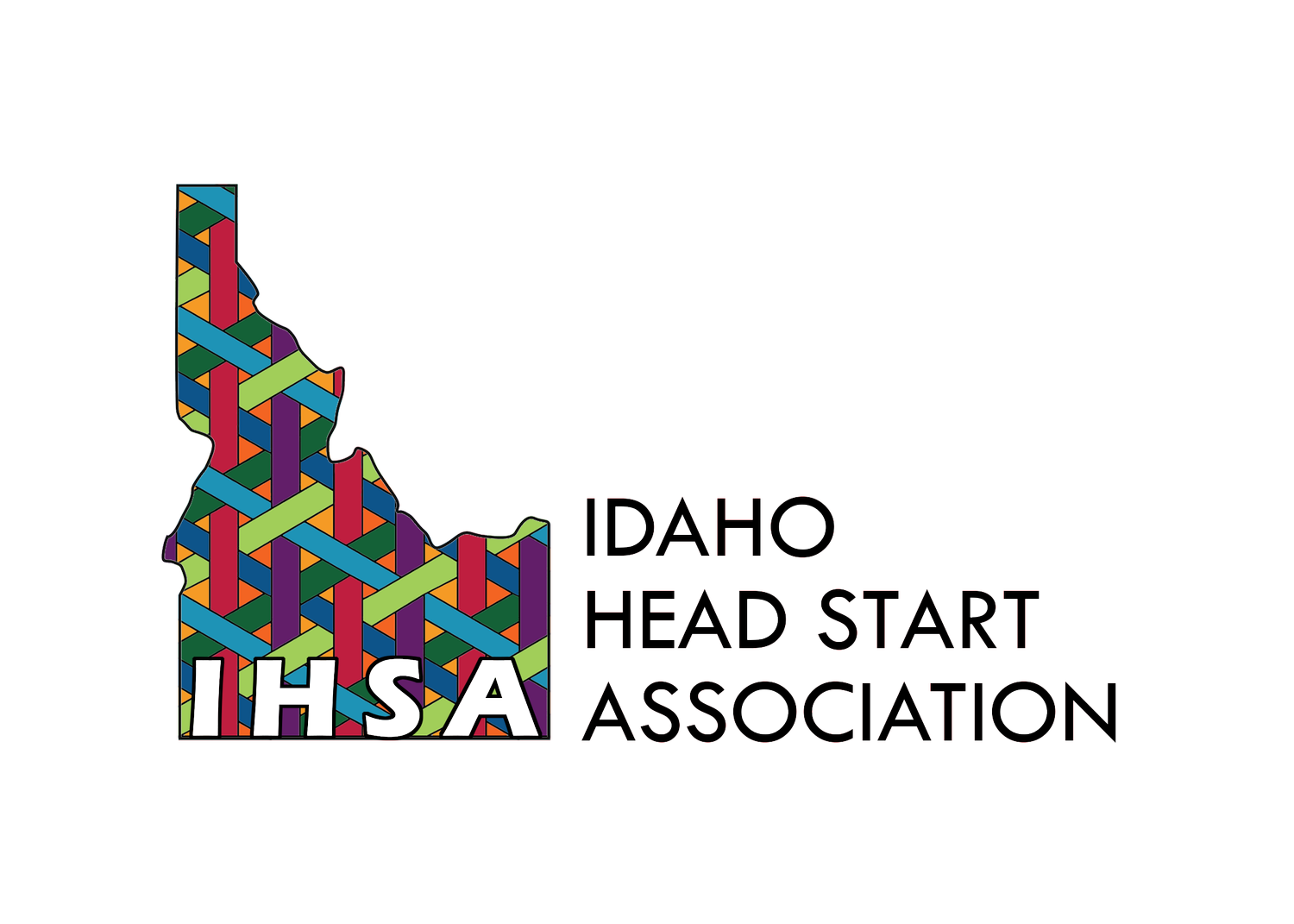JAN. 29, 2014
Nicholas Kristof
New York Times
Against all odds, prekindergarten is gaining ground.
President Obama called again in his State of the Union address for Congress to support high-quality preschool for all, noting that 30 states are already moving ahead on this front (including New York).
“Research shows that one of the best investments we can make in a child’s life is high-quality early education,” Obama said. The House speaker, John Boehner, who sat stonily through most of Obama’s speech, applauded that line. Congress also unexpectedly increased financing this year for early education.
Aside from apple pie, preschool may also be the only issue on which voters agree. A poll last year found that 60 percent of Republicans and 84 percent of Democrats support expansion of prekindergarten. Republican-led states like Oklahoma have been leaders in early education for a simple reason: It works.
Yet one obstacle is the misperception that early education has been debunked by researchers — when, in fact, it’s the opposite. With so many programs and billions of dollars at stake, let’s carefully review the evidence.
Advocates focus on the stunning success of two tiny programs in the 1960s and 1970s, Perry Preschool and Abecedarian. Children from low- income families who participated in them were more likely to graduate from high school and get a job and less likely to end up on welfare.
Yet critics correctly note that programs often work when small but don’t scale up. It’s an open question whether those two programs would have an impact as great today if they were rolled out nationwide.
Republican critics focus on (and misunderstand) a major, well-designed project called the Head Start Impact Study. It found that Head Start produces educational gains that fade away. By third grade, when the research ended, there was little detectable difference between those assigned to Head Start and those in control groups.
That’s disappointing. And that’s why critics denounce Head Start as a waste of money.
Yet early education has always had an impact not through cognitive gains but through long-term improvements in life outcomes. With Perry, Abecedarian and other programs, educational gains fade, yet, mysteriously, there are often long-term improvements on things that matter even more, such as arrest rates and high school graduation rates. The Head Start Impact Study couldn’t examine those outcomes.
Other researchers have, and their findings are almost unanimous. One rigorous study led by Eliana Garces, then of U.C.L.A., found that Head Start graduates were more likely to graduate from high school and attend college than their peers. David Deming of Harvard found that children who attended Head Start were more likely to graduate from high school and less likely as young adults to be “idle” — out of a job and out of school.
Jens Ludwig of University of Chicago found that Head Start reduced child mortality in elementary years, apparently because of screening and treatment referrals.
Beyond Head Start, a series of randomized trials of other early education initiatives repeatedly found the same result: Long-term outcomes improve.
When experts weigh these benefits against short-term costs, preschool for at-risk kids from low-income families more than pays for itself. (It’s not as clear that this is as true for middle-class kids.) When we have kids growing up in poverty and homes without books, we end up paying one way
or the other. We can invest in preschool today (about $8,000 per child per year), or in juvenile detention tomorrow (around $90,000 per child per year).
So where does this prekindergarten “sleeper effect” come from? Nobody is quite sure. Maybe children learn self-discipline, patience or grit.
Or maybe parents do. Alexander Gelber of University of California, Berkeley, found that parents of children in Head Start are significantly more likely to read to them, and spend more time reading to them — even years later. Parents are more likely to take them to museums. Dads living apart spend an extra day a month with them.
The United States is an outlier in early education. We rank 28th out of 38 industrialized countries in the share of 4-year-olds in preschool. In Shanghai, with one of the top-performing school systems in the world, nearly all preschoolers participate in early education programs.
Of course, what we need in America isn’t “pre-k” narrowly but broad investment in young children, and that’s what Obama proposes. Programs like Nurse-Family Partnership or Reach Out and Read that coach low- income parents on reading to their kids and other parenting skills seem to have a particularly powerful long-term impact.
One of the most consequential national debates this year will be about early education. The evidence that it builds opportunity is overwhelming. So the next time you hear people scoff that it’s a failure, push back — and school them.
A version of this op-ed appears in print on January 30, 2014, on page A27 of the New York edition with the headline: Pre-K, the Great Debate.
